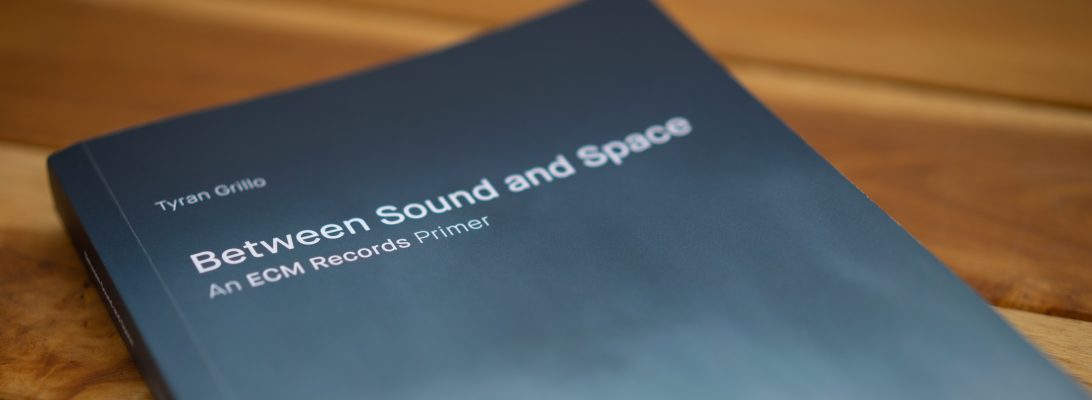Kenny Wheeler
Songs for Quintet
Kenny Wheeler flugelhorn
Stan Sulzmann tenor saxophone
John Parricelli guitar
Chris Laurence double bass
Martin France drums
Recorded December 2013 and mixed September 2014 at Abbey Road Studios, London
Engineer: Andrew Dudman
Assistant: Toby Hulbert
Mastering: Frank Arkwright
Produced by Manfred Eicher and Steve Lake
The late trumpet/flugelhorn virtuoso and composer Kenny Wheeler was one of jazz’s most beloved musicians and every album he recorded for ECM was an event to be savored—and now more than ever with Songs for Quintet. Wheeler’s last recording nestles some classics in mostly newer material and is a departure for the label in being recorded at London’s legendary Abbey Road Studios, where he is joined by longtime friends tenor saxophonist Stan Sulzmann, guitarist John Parricelli, bassist Chris Laurence, and drummer Martin France.
Given the way that “Seventy-Six” eases its way into the heart, you can be sure this is a Wheeler record. Like “The Long Waiting” later in the set, it rests on a foundation of bass and guitar, on which the band builds its togetherness. Within this mesh, Parricelli slings his guitar solo like a comfortable leather bag that conforms to the body from years of regular use. In both tracks, Sulzmann’s tenor is another remarkable voice, shadowing Wheeler’s own lyrical fronting without stepping on their toes. In fact, he and the rest are in obvious deference to their leader’s coolness.
Two blasts from the past, buffed to a reflective shine, enrich the album with their inclusion. “Old Time,” last heard as “How It Was Then” on the 1995 Azimuth album of the same name, is among the groovier numbers. Sulzmann and Wheeler share soaring harmonies over some prime rhythm sectionining: France an ambassador of finesse and Laurence of nimble eccentricities. And one of ECM’s finest jazz albums of all time, Angel Song, gets a nod in “Nonetheless,” a deserving self-tribute now shed of its shadows in the presence of brighter cymbals and guitar. Sulzmann’s wings catch thermal after thermal in a space that Wheeler might once have claimed on Gnu High. The saxophonist’s true standout track, though, is “Sly Eyes,” a luscious tango that is all the wiser for its bassing. “Pretty Liddle Waltz” is another robust dance.
The cryptically titled “1076” is champagne in a bottle, by which is christened a scuttling vessel. Like “Jigsaw,” its elements interlock seamlessly. The latter tune is slick in that distinctly Wheelerian way and spotlights a musician with a lot on his mind. By his gentle yet forthright tone, Wheeler serves no pretense but the down-home profundity of his vision. Even as his younger sidemen paint sunbursts overhead, he is content to strip his cottage and repaint its walls in variations of that same comfortable shade. In keeping with the rural theme, “Canter No. 1” begins with a relaxed bass solo, from which Wheeler spins an enchanting story. Each chord change becomes a rope swing in his hands as he suspends his peerless language over childhood rivers toward fuller throttle.
Not only is this as fine a swan song as one could hope for; it’s also fantastic album in and of itself. Were one to approach it not knowing the personnel involved, it would sound just as poignant, for its strength lies first and foremost in the writing: a mark of greatness, if ever there was one.
(To hear samples of Songs for Quintet, click here.)



